In a dramatic escalation of border tensions, a confrontation near the Pakistan-Afghanistan border has reportedly led to the death of 19 Pakistani soldiers. The clash, which took place in the border regions close to Khyber Pakhtunkhwa, involved Taliban forces attacking and temporarily capturing two military posts belonging to the Pakistan Army. The incident underscores the volatile relations between the two neighboring nations and raises questions about the stability of the region.
The Timeline of the Conflict
The border skirmish began early in the morning when Taliban forces launched an attack on Pakistani military posts. According to initial reports, the assault was swift and strategic, targeting areas of high military value. Despite resistance, the posts were overtaken, resulting in significant casualties on the Pakistani side.
Eyewitness accounts from nearby villages paint a grim picture of the conflict. Explosions and gunfire echoed through the area, forcing residents to flee for safety. Pakistani forces later regained control of the posts after reinforcements were deployed, but the loss of 19 soldiers has left the nation in shock.
A History of Tension
The Pakistan-Afghanistan border has long been a hotspot for conflict. Known as the Durand Line, the 2,640-kilometer border has been a contentious issue since it was demarcated in 1893. Afghanistan has never officially recognized the Durand Line as its boundary, leading to repeated skirmishes and disputes.
Recent years have seen an uptick in violence along the border. The Taliban’s resurgence in Afghanistan has exacerbated tensions, with both sides accusing each other of harboring militants. Pakistan has alleged that the Afghan government, now controlled by the Taliban, is providing safe havens to anti-Pakistan terrorist groups. Conversely, Afghanistan accuses Pakistan of meddling in its internal affairs and supporting factions opposed to the Kabul regime.
The Broader Implications
This latest incident has significant implications for the already fragile relationship between the two nations. For Pakistan, the loss of 19 soldiers is a serious blow to its military’s morale and public perception. The attack has also raised questions about Pakistan’s border security strategy and its ability to manage the threat posed by militant groups operating across the border.
For Afghanistan, the clash highlights the Taliban’s willingness to assert itself militarily against neighboring countries. While the Taliban has sought international recognition as Afghanistan’s legitimate government, incidents like these undermine its credibility and strain its already tenuous relations with the international community.
International Reactions
The international community has expressed concern over the rising tensions between Pakistan and Afghanistan. The United Nations has called for restraint and dialogue to resolve the conflict peacefully. “We urge both nations to prioritize diplomacy over military action and to work towards a sustainable solution,” said a UN spokesperson in a press briefing.
Neighboring countries, including China and Iran, have also voiced their apprehensions. China, which has significant economic interests in Pakistan through the China-Pakistan Economic Corridor (CPEC), has offered to mediate between the two nations. Iran, which shares a border with both countries, has called for a regional conference to address the escalating violence.
The Human Cost
Beyond the military casualties, the conflict has taken a heavy toll on civilians. Villagers in the border areas have reported extensive damage to homes and infrastructure. Displacement is becoming a recurring issue, with hundreds of families forced to leave their homes to escape the violence. Aid organizations have called for immediate humanitarian assistance to address the needs of the affected population.
What Lies Ahead?
The border clash is a stark reminder of the challenges facing the region. Both Pakistan and Afghanistan must navigate a complex web of historical grievances, political instability, and militant activity. The lack of trust between the two nations complicates efforts to find common ground.
For Pakistan, the incident underscores the need for a robust and adaptive border security strategy. Enhanced surveillance, better intelligence sharing, and diplomatic engagement with Afghanistan will be crucial in preventing future conflicts. For Afghanistan, demonstrating a commitment to peaceful coexistence and addressing concerns about militant activity within its borders are vital steps towards building trust with its neighbors.
Conclusion: A Call for Dialogue
The loss of 19 soldiers in the recent border clash is a tragic reminder of the human cost of unresolved disputes. As tensions continue to simmer, the need for dialogue and cooperation between Pakistan and Afghanistan has never been more urgent. The international community must play a proactive role in facilitating negotiations and ensuring that both nations prioritize peace over conflict.
While the path to reconciliation is fraught with challenges, it remains the only viable solution to ensure stability in a region that has seen too much bloodshed. The stakes are high, and the world is watching.
Also Read- 1. China Launches Type 076: The World’s Largest Amphibious Assault Ship With EMALS
2. “1 Rule Break That Led to Magnus Carlsen’s Shocking Exit from Chess Championship”
Reference- To Know More Click Here.

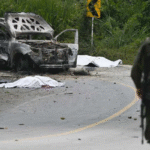

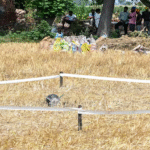
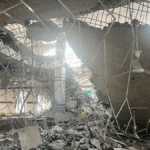






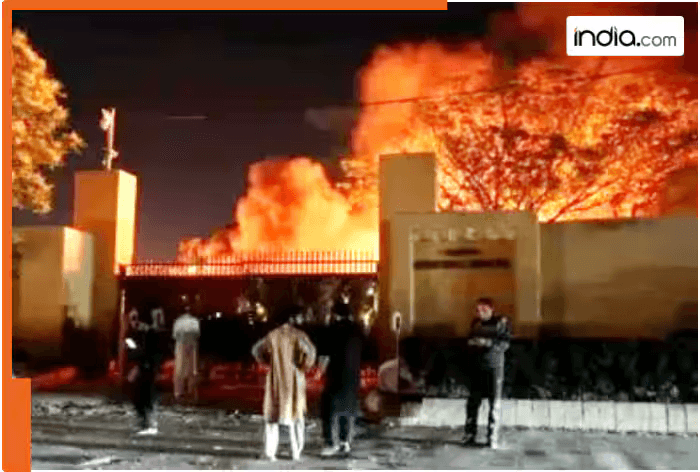


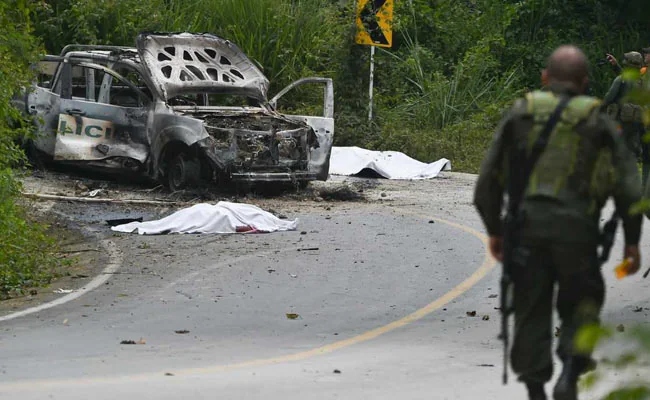

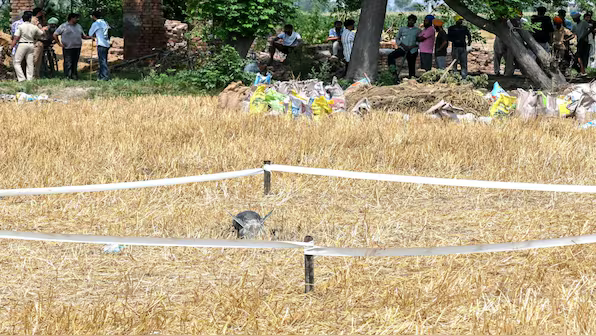
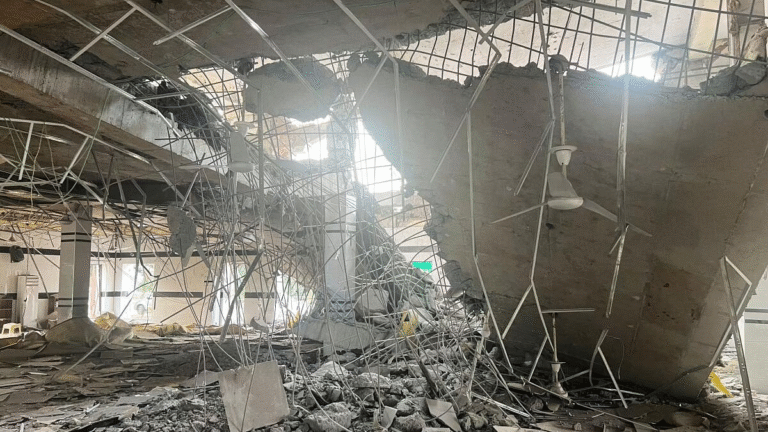
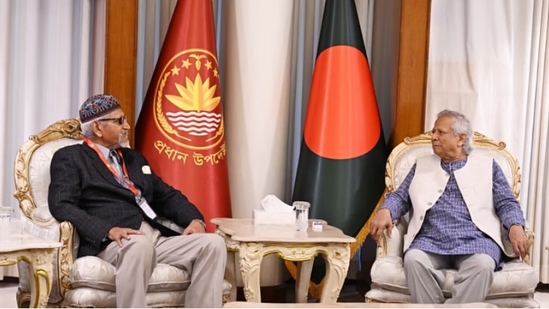

2 thoughts on “19 Soldiers Killed in Pakistan-Afghanistan Border Clash: Rising Tensions Unfold”